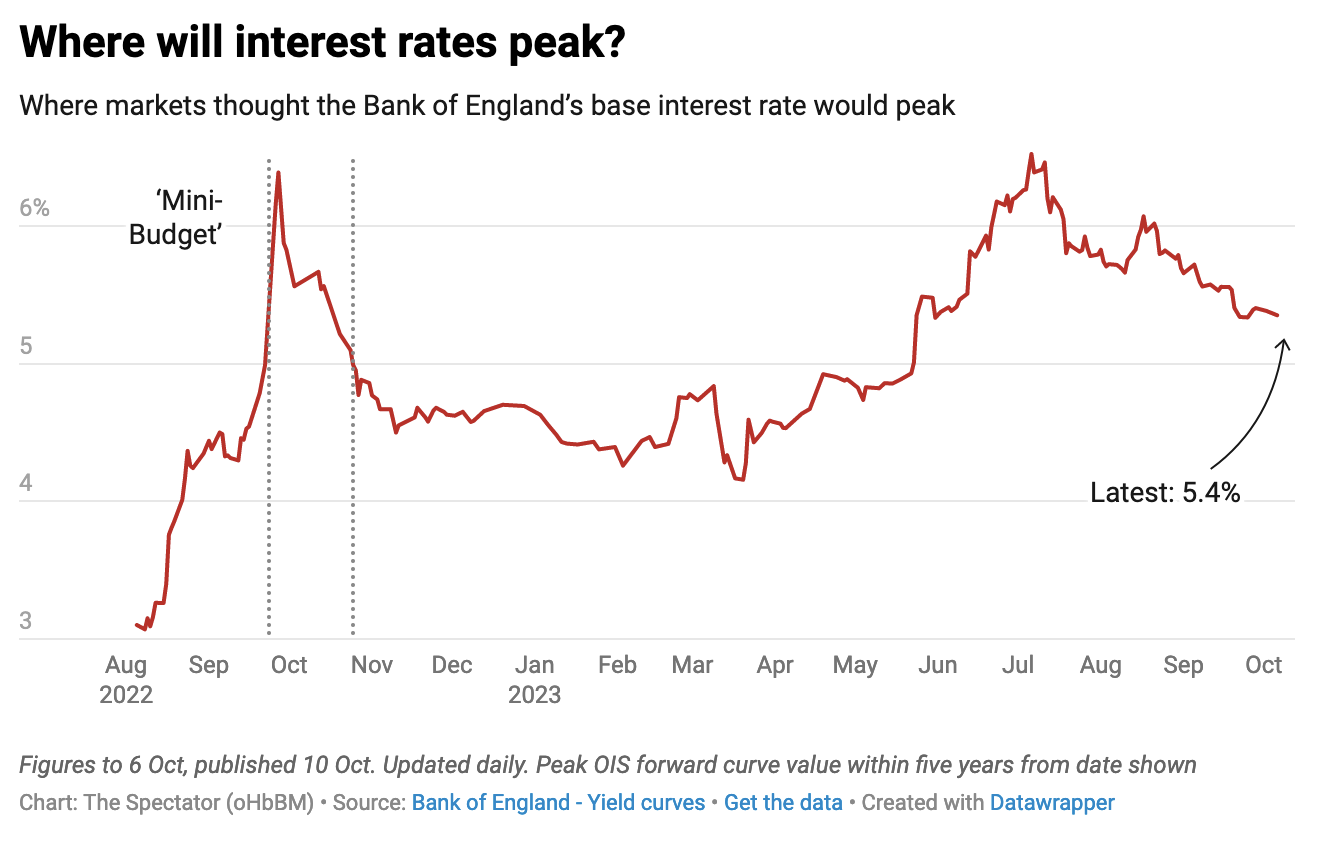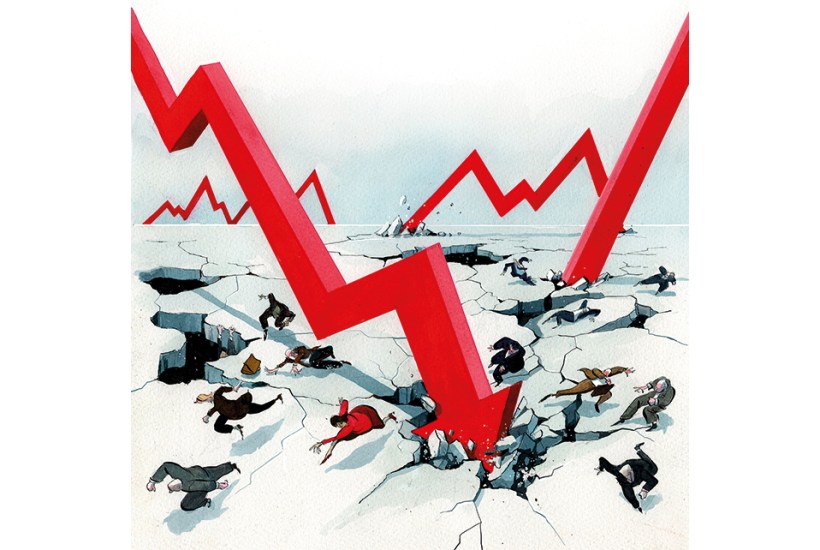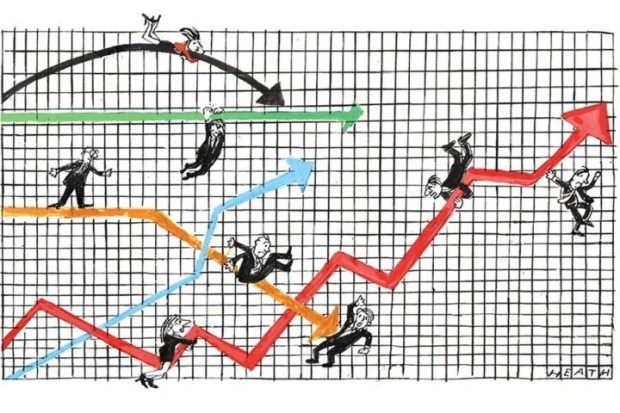The International Monetary fund has published its biannual World Economic Outlook report – and it’s more bad news for the UK. While the IMF’s predictions for 2023 fall broadly in line with other forecasts – which show Germany having the most economic trouble this year – the IMF predicts that the UK will be an outlier come 2024. It expects the UK to grow by 0.6 per cent next year: the weakest growth among G7 nations and a downgrade of 0.4 per cent from its previous predictions.
But there are reasons to be optimistic. Revisions to UK GDP of late has been more positive. Just last month the Office for National Statistics revealed that the UK in fact had a better pandemic bounce-back than France or Germany. GDP forecasts are subject to lots of uncertainty and have plenty of moving parts. Next year’s predictions from the IMF would only need to be off by a sliver to move the UK up the ranks, with Italy predicted 0.7 per cent growth and Germany predicted 0.9 per cent. As well, the IMF seems confident that the UK will stay on the right side of recession, with no economic contraction predicted in the years to come. This is more optimistic than some of the scenarios being floated in the UK, where the prospect of a short and shallow recession is still being discussed.
But what is most notable – and questionable – about today’s IMF report is its predictions for interest rates. The IMF expects interest rates to remain at their new (though historically normal) highs until 2028 – so for at least five years. This is near-impossible to predict. The Bank of England has been clear that rates won’t be coming down anytime soon. For rates to fall, it must be clear that inflationary pressures have all but disappeared. Given it takes at least a year for rate hikes to work their way into the system – and inflation isn’t expected to get back down to the Bank’s target of 2 per cent until the start of 2025, according to the most recent minutes from the Monetary Policy Committee – we can count on rates being maintained for some time to come.

But the IMF’s five-year assumption seems based on old data. According to today’s report:
‘The Federal Reserve’s policy rate is expected to peak at its current level of about 5.4 per cent, the Bank of England to raise its to peak at about 6.0 per cent, and the European Central Bank to raise its to peak at 3.9 per cent in 2023, before all three reduce rates in 2024.’
This was the market expectation in the UK around July this year – but it has been coming down in recent months, and now sits closer to 5.5 per cent. The Bank’s most recent decision to hold rates at 5.25 per cent, rather than opt for a fifteenth consecutive rate hike, helped contribute to that fall. It seems, then, that the IMF’s calculations are out of date – and only likely to be relevant again if there is a new economic shock that drives prices up again.
It’s a good reminder that forecasts are not crystal balls. Their accuracy depends heavily on the assumptions used. After all, it was only in January this year that the IMF was predicting the UK would be the worst performing economy in the G7 this year, and the only economy to suffer recession. In the end it was Germany, not Britain, which had a recession.
That should not allow for complacency, however. That the UK isn’t the ugliest country in the bunch this year doesn’t mean we’re getting good results. Britain’s stagnant economy won’t even produce 1 per cent growth this year. It seems every politician wants to talk about going for growth these days, but we’re still waiting to hear about the policy ideas that might actually produce it.
Got something to add? Join the discussion and comment below.
Get 10 issues for just $10
Subscribe to The Spectator Australia today for the next 10 magazine issues, plus full online access, for just $10.





















Comments
Don't miss out
Join the conversation with other Spectator Australia readers. Subscribe to leave a comment.
SUBSCRIBEAlready a subscriber? Log in